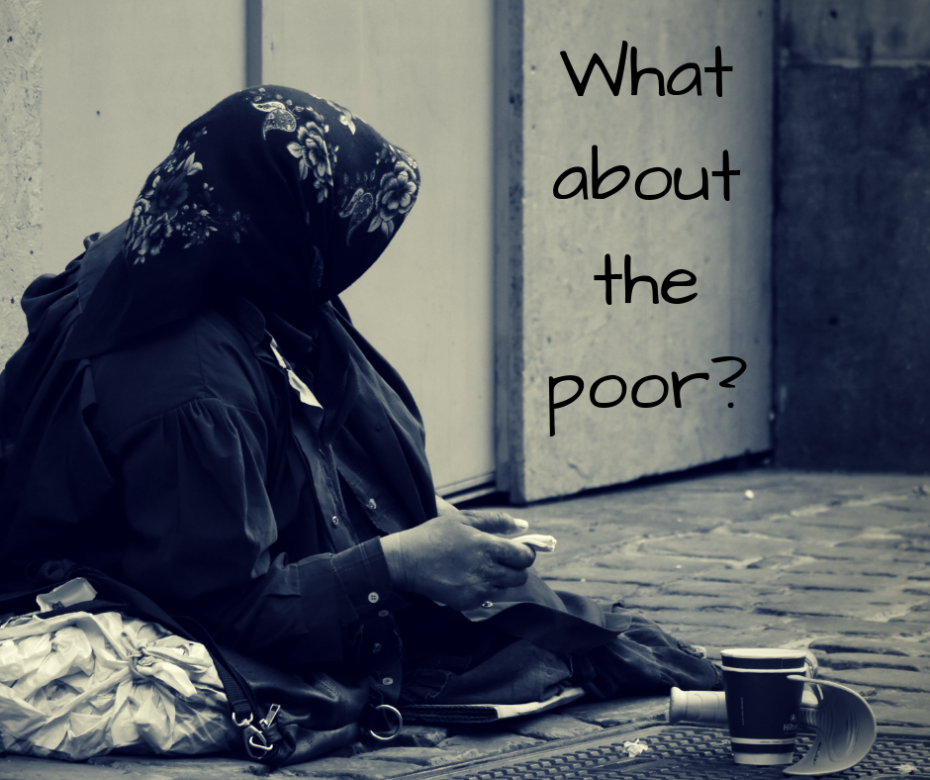Did you know that James accused his readers of murder?
Yes—murder!
“You lust and do not have; so you commit murder” (James 4:2, emphasis added).
Was he being literal or metaphorical?
You might think he must be using “murder” metaphorically because believers cannot possibly commit murder. Actually, they can! King David is the prime example of that. So it is possible for these carnal believers to commit murder, too.
Some think James was writing metaphorically because our callousness or hatred can be considered murder (e.g., 1 John 3:15). Yes, it certainly appears that James’ readers were guilty of that mental attitude sin.
Others think James was writing metaphorically because he said whoever breaks the Law in one point becomes guilty of all (James 2:10-11). Notice that he specifically mentions murder in that context, too. So that’s a possibility.
But could James have meant even more?
When James accused the rich of murder, I think he was referring to how they mistreated the poor. For example, in James 2, he castigated believers for failing to help the poor brother or sister who was on the verge of starving:
“If a brother or a sister is without clothing and in need of daily food…” (James 2:15).
In this example, James assumes the believer is in a position to help the poor person. But do they? No! The carnal Christian sees the need but does not act to alleviate it. Instead, they offer a blessing and callously move on. Could James be equating this kind of inaction with murder?
Consider another verse.
In James 5:1-6, James accused the rich of withholding pay to their laborers. In a world where workers lived hand to mouth, cutting off their pay suffering for the worker and his family. Consequently, James launched this accusation:
“You have condemned and put to death the righteous man; he does not resist you” (James 5:6).
Could it be that, in their quest for ever more riches, gold, and comfort (James 5:1-2, 5), these rich Christians defrauded their laborers, ignored the poor, and effectively left both to die? Was James charging them with a kind of murder by neglect?
I think that, as a practical matter, those of us who live in modern Western countries all care for the poor through the safety nets, benefits, and “services” that are funded by the taxes we pay. Nevertheless, there are still plenty of opportunities to care for the poor around us in other ways. Are you aware of those needs? Are you aware of what will happen to the people you refuse to help? What are you doing to love your poor neighbor? Are you caring or condemning the poor?


